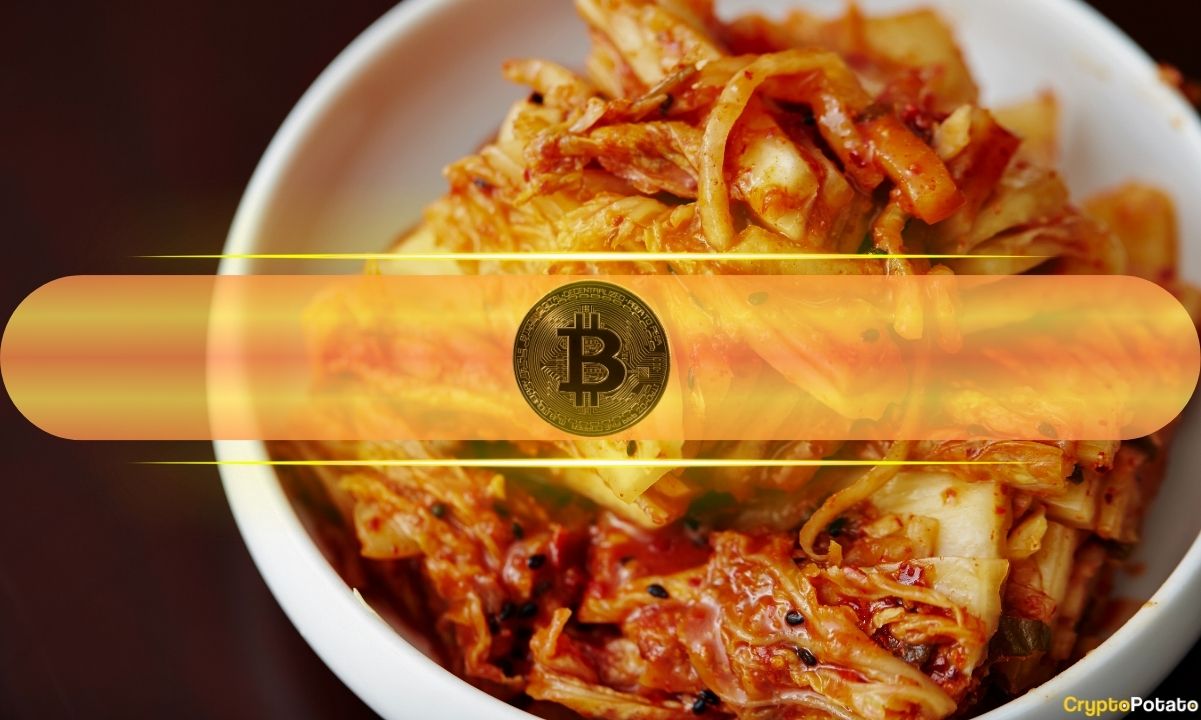
The Kimchi premium, a price difference where Bitcoin trades higher on South Korean exchanges, has surged to 12%, its highest level since 2022.
Unlike previous spikes driven by strong buying demand, this rise appears linked to broader market instability and currency shifts.
Bitcoin Price Down, Kimchi Premium Up
Over the weekend, the crypto market experienced a massive downturn that wiped over $400 billion from its overall value. This was in reaction to U.S. President Donald Trump’s slapping a 25% tariff on imports from Canada and Mexico, including energy products like oil and natural gas.
He also imposed a 10% tax on various Chinese-made goods ostensibly to address trade imbalances and intellectual property theft. His action prompted a response from the affected countries, which introduced levies of their own on U.S. products.
Naturally, the crypto market reacted to this simmering trade war, tanking 12% at the last count and causing more than $2.2 billion in liquidations. Interestingly, while BTC’s price dropped, the Kimchi premium rose, signaling a potential shift in trading behavior.
This premium is fueled by the imbalance created by South Korea’s strict capital controls, which limit arbitrage opportunities, making it nearly impossible for crypto bought outside the country to be resold within its borders.
Historically, when it was high, it indicated strong demand from Korean investors looking to buy Bitcoin. However, analysts suggest the current uptick is not due to local purchases but rather a reaction to external factors, with the rising U.S. Dollar Index (DXY) fingered as the main culprit.
Korean Investors Selling Off BTC Holdings
Blockchain researcher and CryptoQuant CEO Ki Young Ju noted that the premium went up at BTC’s local bottom, not because Korean traders were buying the dip but because the cryptocurrency was being converted into U.S. dollars.
This suggests that investors were offloading their holdings in response to broader market pressures rather than accumulating Bitcoin.
The U.S. dollar has strengthened significantly in recent times, adding downward pressure on the price of BTC. As a result, many traders in South Korea have responded by shifting their coins into USD rather than the Korean won, inadvertently contributing to the growing gap in Bitcoin’s price between Korean and global exchanges.
“Few Koreans are converting BTC into KRW,” Ju tweeted. “Other countries are likely seeing a similar trend.”
This article first appeared at CryptoPotato
